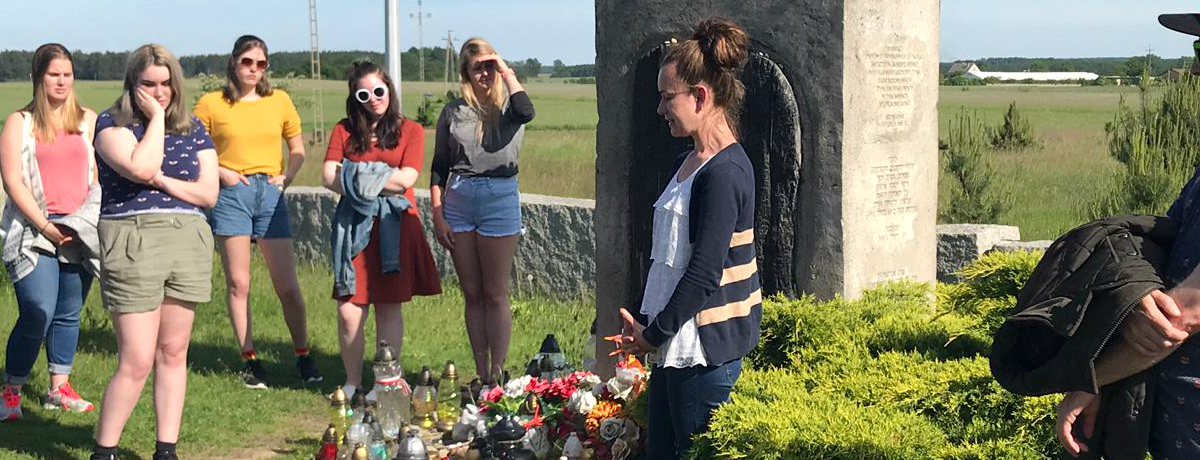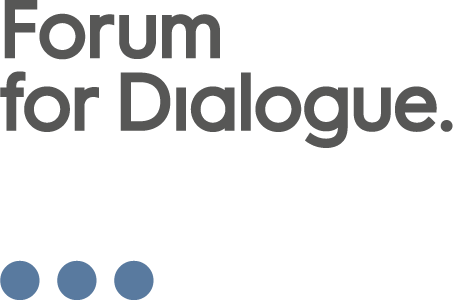Almost everyone who is interested in the Holocaust or Polish/Jewish relations knows the name of the town where I grew up. Jedwabne – it is synonymous with evil, suffering, a site of fratricidal killing where neighbors burned their neighbors. I became interested in the subject of this crime when Prof. Jan Tomasz Gross book “Neighbors: The Destruction of the Jewish Community in Jedwabne, Poland” came out – before that when passing by the execution site on my bite I would notice a stone with an inscription that some Germans burned some Jews. I heard the same story at home, at school, in the town. In the years 2000/2001 I was in my second and third year of junior high school in Jedwabne. I was 15 back then and I did not exactly know, just like my classmates, what had happened in the town that the whole Poland, or even the world was so interested in.
Kamil Mrozowicz
Jedwabne/Białystok







